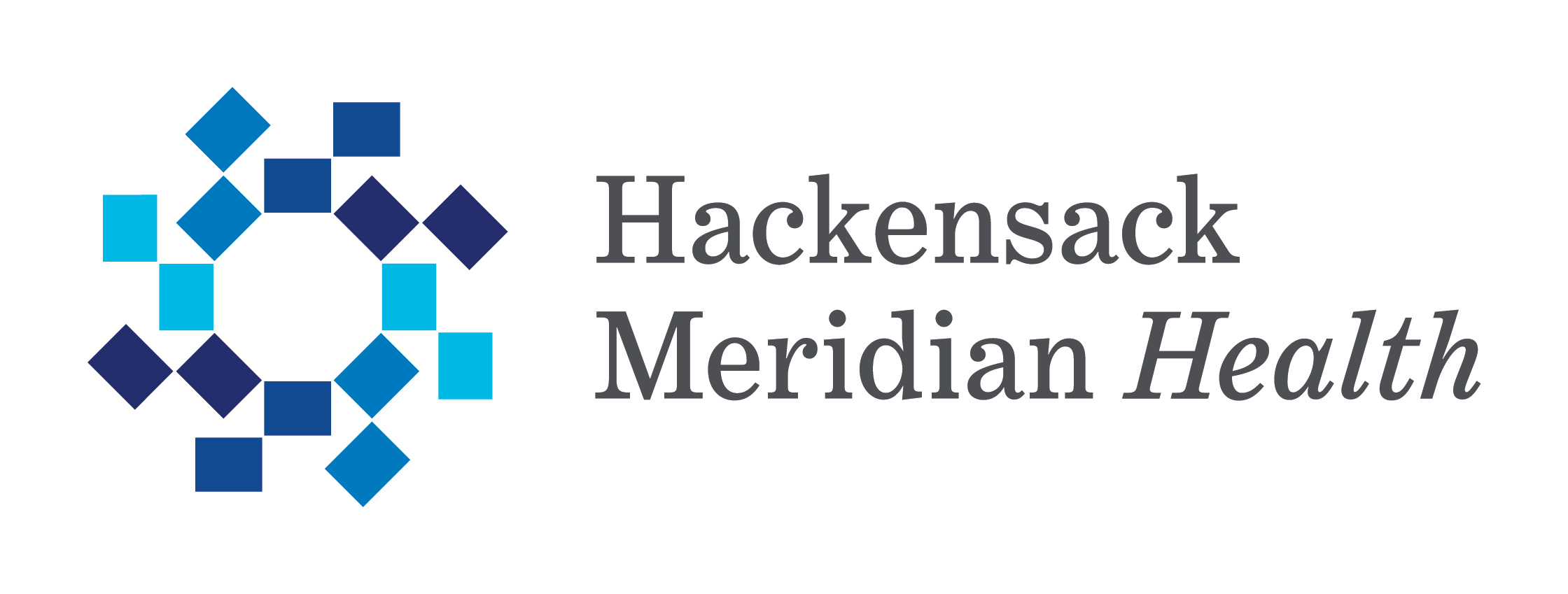Newswise — Nutley, NJ, August 23, 2022 – A new preclinical drug candidate developed by scientists at the Hackensack Meridian Center for Discovery and Innovation (CDI) shows great promise in eradicating the bacteria causing gonorrhea, according to a new publication.
JSF-2659, developed to be administered orally, could be a game changer in treating Neisseria gonorrhoeae, which is on the World Health Organization’s global list of “priority pathogens” for its resistance to existing drugs.
“This compound shows great promise, and is addressing an emerging health threat head-on,” said David Perlin, Ph.D., chief scientific officer and senior vice president of the CDI. “We need more drugs, and better drugs. This molecular strategy could also very well have promise for pathogens beyond this one species of bacteria, as well.”
The parent compound JSF-2414 works simultaneously on two molecular targets, making it extra effective at inhibiting the bacteria’s DNA replication, according to the paper in the journal Antimicrobial Agents and Chemotherapy, an American Society for Microbiology publication.
The dual-targeting strategy means that more bacteria are wiped out - and the lack of survivors and very low probability of modifying two cellular targets during therapy means less chance for the rise of drug resistance, according to the various CDI models of the drug in action against N. gonorrhoeae.
Testing included 96 separate strains of the gonorrhea bacteria. But it also showed effectiveness in other Gram-positive germs like methicillin-resistant Staphylococcus aureus (MRSA), Staphylococcus epidermidis, Enterococcus faecium, Clostridium difficile, and other species.
The new drug candidate, if moved forward for clinical development in humans, would complement a list of drugs which have become less effective in recent decades. According to the paper, “there is now a high prevalence of N. gonorrhoeae strains that are resistant to common antimicrobial classes used for treatment including sulfonamides, penicillins, cephalosporins, tetracyclines, macrolides, and fluoroquinolones. Therapeutic failures with the extended-spectrum cephalosporins, such as cefixime and ceftriaxone, have created a major health crisis.” In many developing countries, the “last-line” monotherapy drug is ceftriaxone.
Accordingly, gonorrhea is a “major public health concern” that infected more than 82 million new people worldwide last year, bringing with it its increasing resistance to such treatments, according to the World Health Organization. The WHO added multi-drug resistant gonorrhea to its “priority pathogens” list in 2017.
Research on the JSF-2659 compound was spearheaded by the CDI’s Center of Excellence in Translational Research (CETR) funded by a National Institutes of Health grant. Authors on the work included Perlin and members of his CDI lab, as well as veteran microbiologist Barry Kreiswirth, Ph.D., and members of his laboratory, and also colleagues include Joel Freundlich, Ph.D. from Rutgers University.
“The CDI’s work continues to push the envelope in so many ways,” said Ihor Sawczuk, M.D., FACS, Hackensack Meridian Health’s president of Academics, Research and Innovation, and also associate dean of Clinical Integration and professor and chair emeritus of Urology at the Hackensack Meridian School of Medicine. “The world is better for their scientific contributions.”
ABOUT THE CENTER FOR DISCOVERY AND INNOVATION
The Center for Discovery and Innovation, a member of Hackensack Meridian Health, translates current innovations in science to improve clinical outcomes for patients. More than 21 laboratories, 155 professional researchers and physician-scientists at the CDI have set their sights on cancer, infectious diseases, autoimmune disorders, and other acute and chronic diseases. Clinical need drives the scientific insights, and their application, for these researchers, as shown in the real-time response to the COVID-19 pandemic, resulting in new diagnostics, therapies, and surveillance abilities. The CDI leverages a new wave of scientific advances involving genetics, cell engineering of the human immune system, and imaging to better diagnose, treat and prevent disease through personalized medicine approaches. For additional information, please visit www.hmh-cdi.org.
ABOUT HACKENSACK MERIDIAN HEALTH
Hackensack Meridian Health is a leading not-for-profit health care organization that is the largest, most comprehensive and truly integrated health care network in New Jersey, offering a complete range of medical services, innovative research and life-enhancing care. The network has 18 hospitals and more than 500 patient care locations, which include ambulatory care centers, surgery centers, home health services, long-term care and assisted living communities, ambulance services, lifesaving air medical transportation, rehabilitation centers, urgent care centers, physician practice locations, and a fitness and wellness center. With more than 35,000 team members and 7,000 physicians, Hackensack Meridian Health is a distinguished leader in health care philanthropy and committed to the health and well-being of communities throughout New Jersey.
The network’s notable distinctions include having more U.S. News-ranked hospitals than any other health system in New Jersey, as ranked by U.S. News & World Report, 2022-23. Hackensack University Medical Center is nationally-ranked by U.S. News & World Report in four specialties, more than any other hospital in New Jersey. Joseph M. Sanzari Children’s Hospital at Hackensack University Medical Center, and K. Hovnanian Children’s Hospital at Jersey Shore University Medical Center, are ranked #1 in the state and top 20 in the Mid-Atlantic Region by U.S. News & World Report’s 2022-23 Best Children’s Hospital Report. Additionally, their combined nephrology program ranks in the top 50 in the United States. To learn more, visit www.hackensackmeridianhealth.org.
